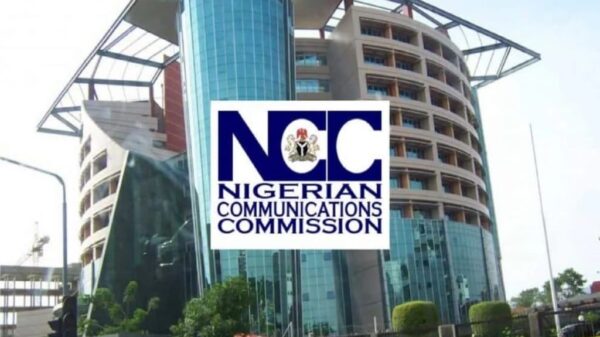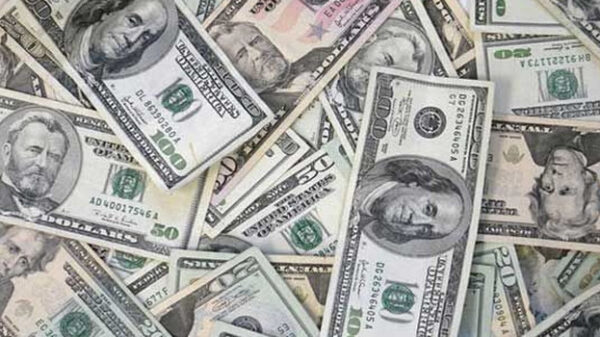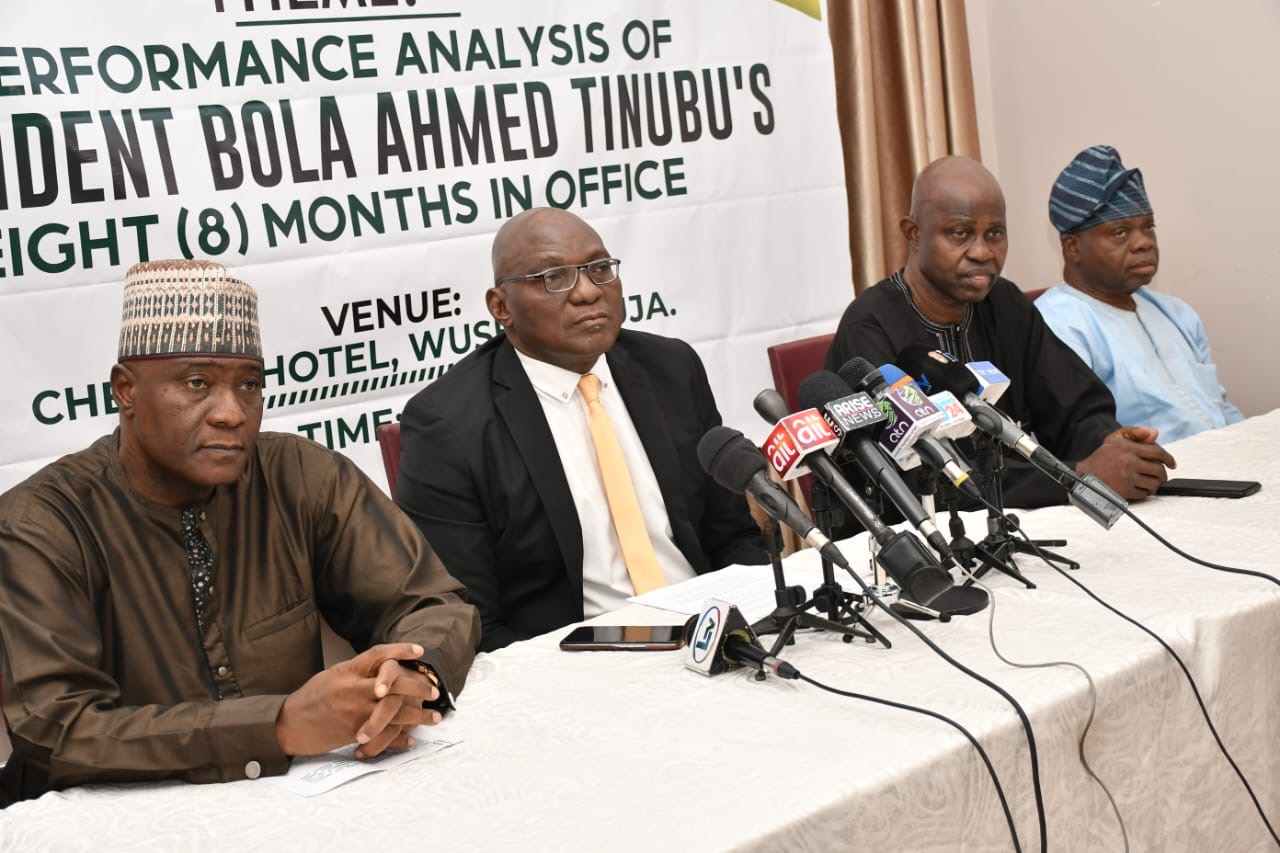The four assembly companies being established by Nigeria to produce luxury buses and tricycles running on green, efficient, and cost effective energy has been identified as one of the appropriate measures to cushion the effects of fuel subsidy.
An Abuja-based international think tank, the Independent Media and Policy Initiative (IMPI), praised the policy at a press conference on Tuesday by the Chairman of the Initiative, Chief Niyi Akinsiju.
According to IMPI, the companies would initially assemble 750 buses and thousands of tricycles which will be propelled with Compressed Natural Gas (CNG).
As the companies take delivery of CNG kits and start to assemble the buses of tricycles, another 100 electric buses have been imported.
The companies would continue to take delivery of Completely knocked down parts to ensure that Nigeria is flooded with buses and vehicles which would be affordable.
President Bola Tinubu’s transport polic , Akinsiju said was activation of the long dormant National Gas Master Plan which effectively provides momentum for the commercial use of natural and liquefied gas.
Akinsiju said that the multiplier effect of all of these will include technology adaptation, cheaper transport, job creation, enablement of commercial utilisation of natural gas and an environment-friendly energy use regime, in alignment with environmental sustainability.
“In the light of efforts to ameliorate the transportation cost burden on Nigerians during the last Christmas period, we all recall how the President introduced an intervention to reduce public transportation costs by 50% on selected routes nationwide as well as the free rail transport initiative across the country.
“We consider this a true exemplification of emotional intelligence by the President Tinubu administration and a show of connection to everyday existence of the average Nigerian.
“Similarly, we have conducted a performance audit of the implementation status of railway projects in the country as part of properly situating the intermodal transportation system that should facilitate cheaper and easy spatial connectivity within the Nigerian geographical space.
“We can authoritatively report that in addition to the popular Abuja – Kaduna and Lagos – Ibadan standard gauge routes, laying of tracks has been completed on the Port Harcourt-Abia axis of the Port Harcourt to Maiduguri strategic narrow rail route and from all indications, rail services are set to commence on that route shortly. Also, the Lagos-Kano narrow gauge express service will be operational soon.
“Related to this, our investigation shows that work is ongoing simultaneously on the Kaduna to Kano and the Kano to Maradi rail projects,’’ he said.
Akinsiju said that the transportation plan was indicative of a developing scenario of a truly intermodal transportation system as required in any country with a claim to driving growth and development.
According to IMPI, President Tinubu rightly acknowledged that the fuel subsidy regime was an albatross on the nation’s economy with debilitating impact on its sustainability and by extension, a threat to the quality of life of the generality of Nigerians, if a decisive policy statement was not immediately made and enforced.
“While taking cognizance of the associated economic challenges that households are grappling with, it is our considered opinion that the decision by the President to announce the removal of fuel subsidy is not only courageous but commendable,’’ Akinsiju said.
He said that it was a measure to eliminate the long standing subsidy related corruption perpetrated by the cartel of the subsidy regime.
“From a policy impact point of view, the measure triggered the immediate positive outturn on Premium Motor Spirit (PMS) consumption and related revenue earnings compared to the pre-subsidy removal regime.’’
“Just after about a month after the announcement of the removal of fuel subsidy, national daily fuel consumption fell dramatically from an unexplainable 66.7 million litres a day as of May 2023 to 45 million litres. The consumption size has further reduced and now stabilised at 43.3 million litres a day.
“This steep reduction has led to a quantum leap in total gross revenue going into the federation account and subsequent FAAC allocation to the three tiers of government from N786.161bn in May 2023 to a high of N1.1trn in August because NNPCL was no longer resorting to its famed under-recovery.’’
He explained that for the first time in the history of FAAC, the Federal Government of Nigeria started cultivating the culture of savings from revenue accruals beginning from the over N700bn that was saved in July last year when the FAAC received the sum of N1.959 trillion.
“This has marked a turning point in Federation accruals and revenue generation with implications for budget performance.’’.
























